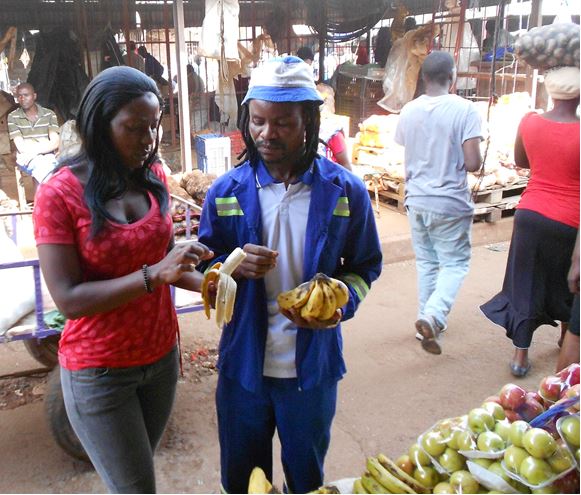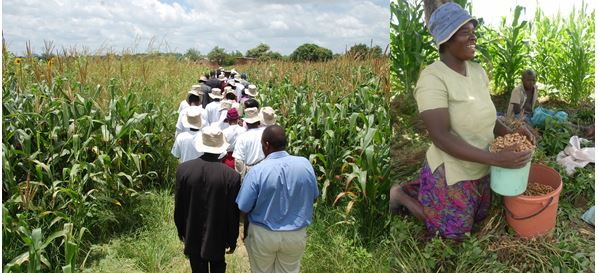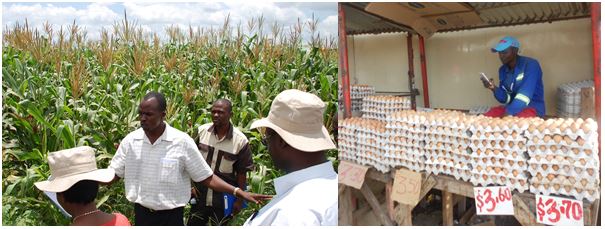Why producers should always get a clear view of the competitive landscape
While African countries seem to be encouraging their farmers to produce for exporting to developed countries, those countries are looking at African countries as their customers. Competition has become so real that it is very easy to find chickens from Brazil and Chinese noodles in remote corners of Africa. This means all producers, including smallholder Read more about Why producers should always get a clear view of the competitive landscape[…]








